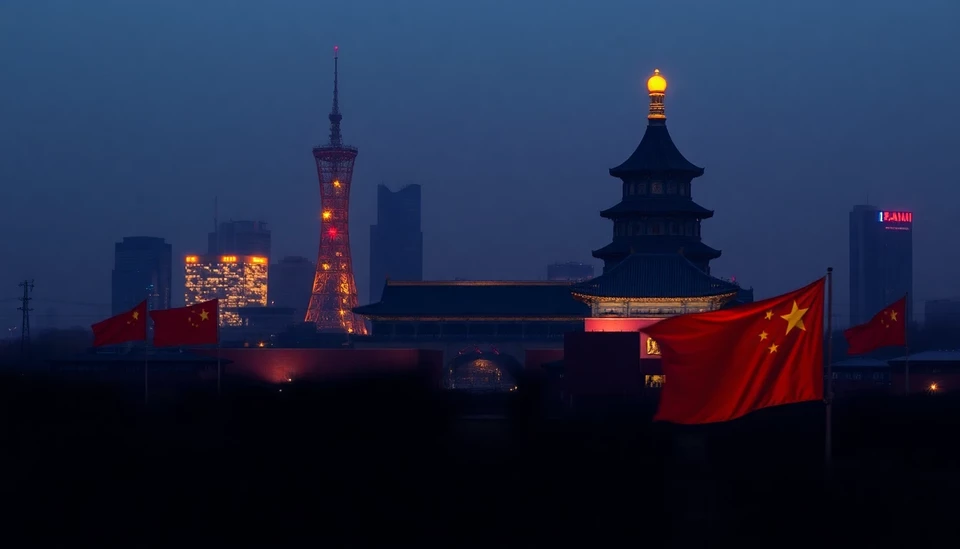
In a significant shift in its economic strategy, China has signaled the onset of a new era characterized by an intentional slowdown in growth. This change comes as the Asian powerhouse grapples with several pressing challenges, including a sluggish real estate sector and weakening consumer demand, which have prompted authorities to reconsider their previous aggressive growth targets. The latest statements from Chinese officials underscore a cautious approach moving forward, prioritizing long-term quality of growth over short-term expansion metrics.
The Central Bank of China, along with the National Development and Reform Commission, is adopting policies that reflect a reassessment of previous strategies that emphasized rapid growth at any cost. Instead, the focus is now shifting toward sustainable economic practices that emphasize stability and resilience, especially in the context of global economic uncertainties. This recalibration reveals the complexity of China's economic landscape, as the country seeks to bolster its internal market while navigating international tensions.
Recent figures indicate a troubling economic backdrop, with the real estate market still facing significant hurdles. The sector, once a cornerstone of China's hyper-growth era, has been beset by debt crises among major developers and a resultant decline in consumer confidence. The government recognizes that any substantial recovery will necessitate a bolstered consumer spending sector, and is thus pivoting its strategies to stimulate domestic consumption and promote innovative sectors that can drive sustainable growth.
The message from top Chinese leaders is clear: increasing regulation and oversight in key areas such as technology and finance will be pivotal in fostering an environment conducive to long-term growth. By placing emphasis on quality over quantity, authorities hope to create a more balanced economic framework that both safeguards financial stability and encourages the development of strategic industries, such as green technology and digital services.
Additionally, this strategic shift reflects China's response to an evolving global landscape, where geopolitical tensions and supply chain vulnerabilities have prompted a reassessment of reliance on foreign markets. As a result, enhancing self-sufficiency and innovation becomes a priority. The government will likely introduce measures aimed at reducing dependence on volatile international market fluctuations while fostering an environment for domestic companies to thrive.
As part of this new narrative, expectations for economic growth have been tempered. Analysts now anticipate a more moderate growth rate going forward, with projections suggesting a pause on the double-digit expansions that characterized earlier years. Rather than seeing this as a setback, many observers argue that this could be a healthy transition for the world's second-largest economy, potentially leading to a more stable and less chaotic economic environment in the long run.
The implications of these developments are significant for global markets and trade relationships. Countries that have heavily engaged with China over the years will need to recalibrate their expectations as the dynamics of trade and investment evolve. This could also potentially lead to shifts in global supply chains, with manufacturers and businesses reconsidering their strategies in light of China's new economic reality.
In conclusion, China's newfound focus on a deliberate and strategic slowdown rather than unbridled growth represents a momentous development that may shape its economic trajectory for years to come. Such a transformation, while providing challenges, also opens avenues for more sustainable practices and a balanced approach that could serve both domestic and global interests effectively.
As the world watches China's economic policies evolve, the broader implications of this strategic shift will undoubtedly resonate across borders, impacting global economies in various ways. Stakeholders, businesses, and policymakers alike will need to remain vigilant and responsive to these changes, as they navigate the intricacies of an interconnected economic ecosystem.
#China #EconomicStrategy #GrowthSlowdown #SustainableDevelopment #GlobalEconomy #ConsumerConfidence #RealEstate #MarketResilience
Author: Daniel Foster




